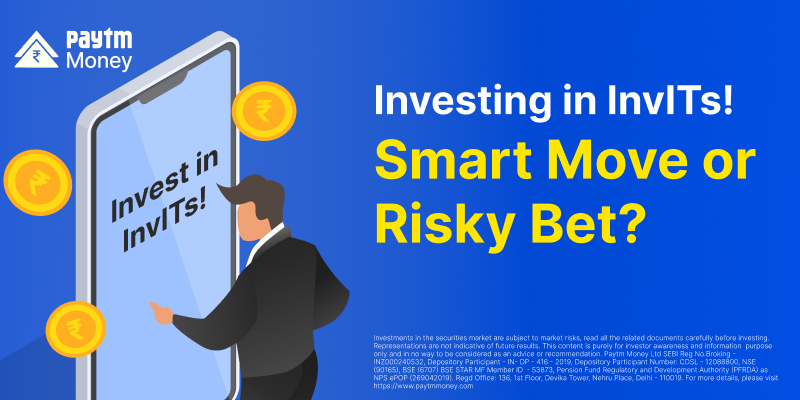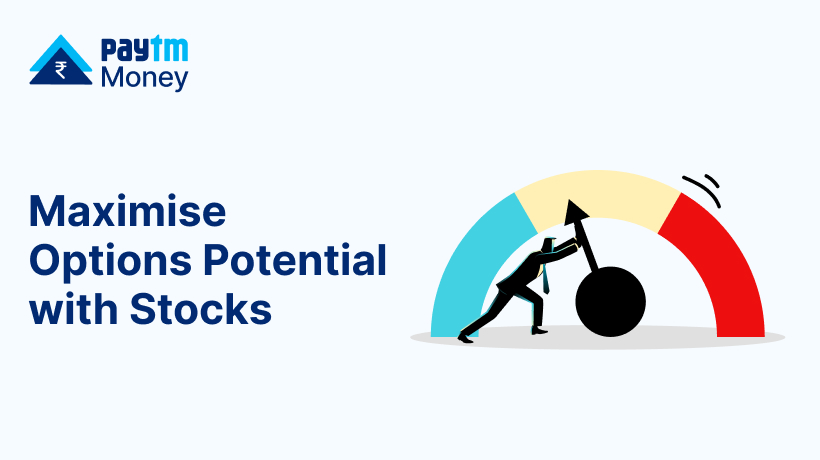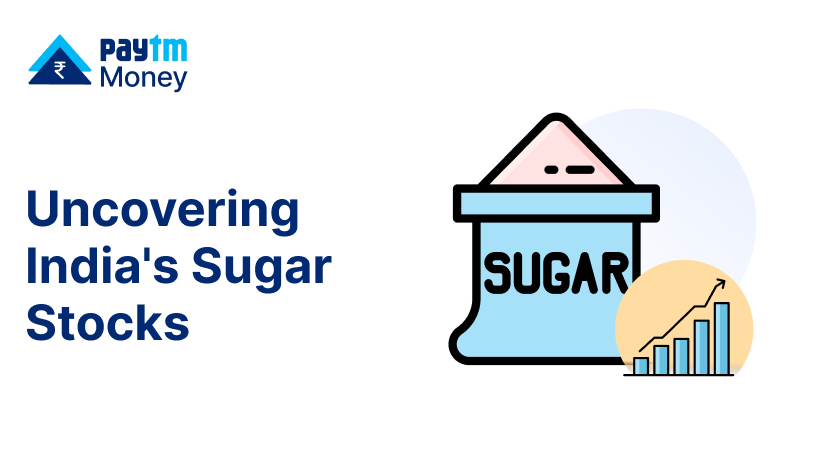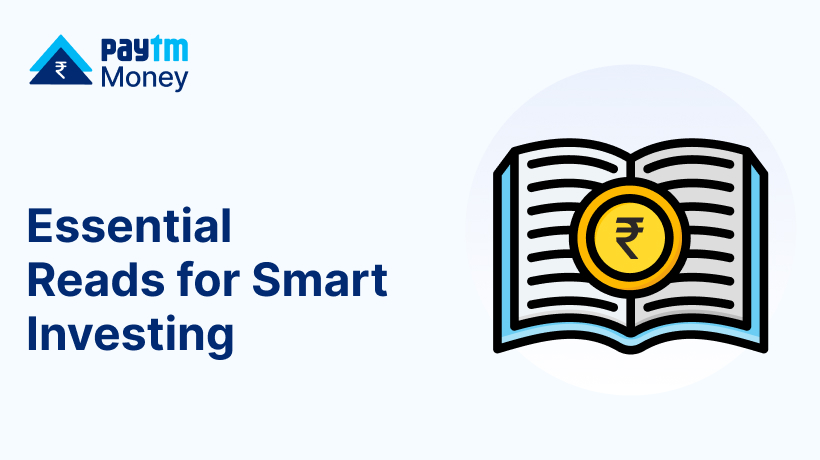Why InvITs are at All-Time Lows While Equity Indices Hit All-Time Highs4 min read
The Indian stock markets have recently been scaling new heights, with indices like Nifty and Sensex hitting all-time highs. Yet, at the same time, Infrastructure Investment Trusts (InvITs) have been languishing at all-time lows. This divergence has left many investors scratching their heads, as InvITs have historically been seen as stable, high-yield investments tied to India’s infrastructure development.
Let’s break down why InvITs are struggling while equity indices continue to thrive.
Domestic and Economic Factors at Play
- Rising Interest Rates: India has witnessed a series of rate hikes by the RBI in the last , in response to inflationary pressures. Higher interest rates typically lead to increased borrowing costs for infrastructure projects, negatively impacting the returns generated by InvITs. Moreover, investors tend to flock towards safer, high-yield debt instruments when interest rates rise, pulling funds out of riskier infrastructure investments like InvITs.
Source: https://m.rbi.org.in/Scripts/WSSViewDetail.aspx?TYPE=Section&PARAM1=4 - Equity Market Momentum: The recent surge in equity indices is driven by a mix of factors, including strong corporate earnings, capital inflows, and improving consumer sentiment. Equity markets are benefiting from optimism around India’s growth story, post-pandemic recovery, and global investor interest. This enthusiasm is pushing equity valuations higher, which, in turn, diverts capital away from InvITs, which tend to offer stable but less exciting returns.
- Weak Infrastructure Spending: While the government continues to push for infrastructure development, the pace of on-ground execution has been slower than expected, especially in the last 10-12 months, mainly due to weak public expenditure owing to the general elections in 2024 and execution delay, coupled with high interest rate regime. This has translated into reduced cash flow generation for InvITs, as new projects are either delayed or facing cost overruns. In contrast, the broader economy’s recovery has helped boost sectors like IT, consumer goods, and financials, which dominate the stock market indices.
- Inflationary Pressures: With inflationary pressures still persistent, costs for raw materials, labor, and operational expenses in infrastructure projects have increased. InvITs, which rely on stable cash flows from infrastructure assets, are more sensitive to these cost increases, further reducing investor confidence.
- Limited Liquidity and Market Perception: InvITs still remain a relatively underdeveloped market in India compared to equities. Limited liquidity in the InvIT space means that even small changes in demand can cause significant price movements. Additionally, the perception of InvITs as being more prone to operational risks, despite their promise of stable returns, has deterred retail and institutional investors from entering the space aggressively.
Cyclical Nature of InvITs
There is a cyclical element to the performance of InvITs. These instruments are closely tied to the economic cycle of infrastructure development, which typically experiences ebbs and flows. In periods of high inflation and rising interest rates, InvITs tend to struggle. However, once inflation stabilizes and interest rates fall, the cost of financing infrastructure projects decreases, leading to improved cash flows and better performance for InvITs. The current downturn may very well be part of this cycle, suggesting a potential opportunity for long-term investors.
Conclusion: What Should Investors Do?
For investors, the decision to invest in InvITs should be based on long-term goals rather than short-term market fluctuations. While the current environment is unfavorable for InvITs, they still offer attractive yields and a chance to diversify your portfolio. Investors should consider staying invested if they believe in India’s long-term infrastructure growth story and are looking for stable, consistent returns.
However, with equity markets booming, there is also an opportunity to capitalize on sectors benefiting from India’s economic recovery. A balanced portfolio that includes equities and InvITs could help mitigate risks while offering growth potential. The cyclical nature of InvITs suggests that the current slump could reverse once macroeconomic conditions become more favorable, especially as the infrastructure remains a key focus area for India’s long-term development.
Disclaimer
Investments in the securities market are subject to market risks, read all the related documents carefully before investing. Brokerage will not exceed the SEBI prescribed limit. Paytm Money Ltd SEBI Reg No. Broking – INZ000240532, Depository Participant – IN – DP – 416 – 2019, Depository Participant Number: CDSL – 12088800, NSE (90165), BSE (6707). Regd Office: 136, 1st Floor, Devika Tower, Nehru Place, Delhi – 110019. For more details, please visit https://www.paytmmoney.com




